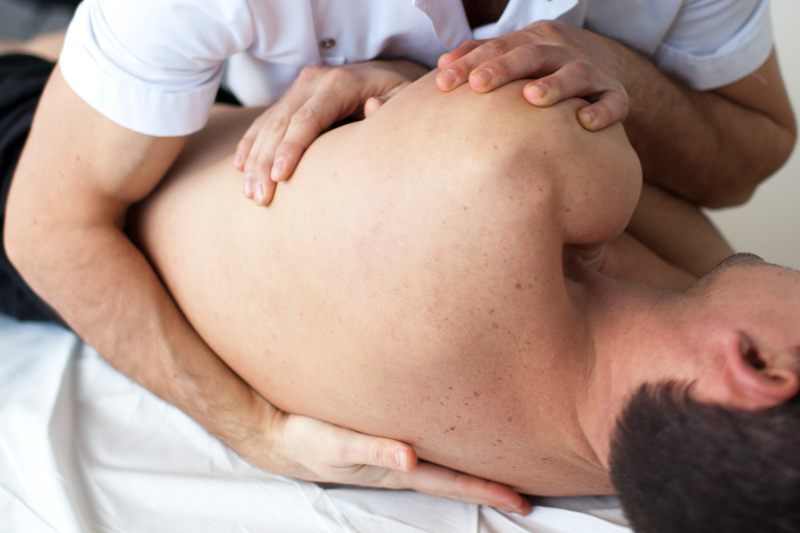A 67-year-old woman has been awarded £6,500 after developing pressure sores during a stay in hospital.
The woman, who has asked to remain nameless, sustained multiple fractures as the result of a road traffic accident in 2008 which required surgery. However, following that treatment she suffered a deep infection in her right femur.
She was admitted to hospital on 15th March 2012, complaining of pain in her right hip wound. A risk assessment was carried out at the hospital on her arrival but no entries were completed. Later that evening, the woman complained that she was residing on an “old style” bed and requested that an electric bed be supplied instead.
On 20th March, notes revealed that the woman was suffering from a grade 2 pressure sore on her left buttock and that the skin surrounding it appeared to be macerating. A repositioning chart was drawn up however the majority of the entries had been at three to four hour intervals, despite advice that the woman needed to be repositioned every two hours.
On 22nd March, the woman was not repositioned at all and on 23rd March was repositioned only three times despite it being recorded that same day that she was also suffering from a grade 3 pressure sore to her left inner thigh. Although the sores were noted, there was no indication that anything was being done to treat them.
The first record of the sores being treated was made on 26th March, when a dressing was applied to the sore on the woman’s thigh. On 6th April, the pressure sore on the woman’s buttock was recorded and redressed and she was discharged from hospital and into the care of the district nurses.
On 12th April, the district nurse noted that, although the wound on the woman’s buttock had healed, the area remained very tender and would require ongoing care and monitoring. Shortly afterwards, the wound healed but again the area was still vulnerable and needed creaming every day for protection.
The woman sustained injury and brought action against the defendant trust, alleging that it was negligent in failing to undertake the correct assessments upon her admission and did not provide her with the correct bed. She also alleged that the trust failed to properly follow her daily care and repositioning plan, record it properly and treat the sores in an appropriate and timely manner.
Liability was not admitted. The trust claimed that the electric bed would not have prevented sores, the staff used a turning chart and this was included within the medical record and a risk assessment would have been conducted in accordance with NICE. They said that not noting it down was not essential as that was used as an aide memoir and claimed there was no failure to provide care to the woman’s sores.
An Out Of Court Settlement saw the woman awarded £6,500 total damages.
Fiona Tinsley, Medical Negligence Solicitor at Clear Law, said: “The above case illustrates a number of errors by the trust. Any patient suffering with a condition that restricts their movement is placed at greater risk of developing pressure sores so every care must be taken to prevent them.
“In this case, the victim suffered two pressure sores during her stay in hospital. The first was a grade 2 pressure sore on her left buttock which developed during the first five days of her stay. A grade 2 sore is defined as an open sore, similar to an abrasion or blister and the skin around it can look red or purple. The hospital is required to reposition patients suffering with pressure sores every two hours but in this case that was not done and the woman was repositioned mainly at three to four hour intervals, according to hospital records.
“What then followed was the development of a grade 3 pressure sore to the woman’s left inner thigh. Grade 3 sores can prove to be a lot more serious if not managed correctly, as the sore is now a deep wound with the damage below the skin. However, even given the severity of the sore nothing was done to treat it until three days later, when a dressing was applied.
“Pressure sores are a form of medical negligence because they quite simply should not happen. If the correct procedures are carried out, and patients with limited mobility are repositioned at the appropriate intervals then the pressure and friction known to cause pressure sores will not occur.”
If you or a loved one has suffered with a pressure sore during a stay in hospital, you might be entitled to make a claim for compensation. To discuss your legal options, please call our team on 0800 999 1875 or visit our dedicated website www.medicalnegligence-solicitors.com
